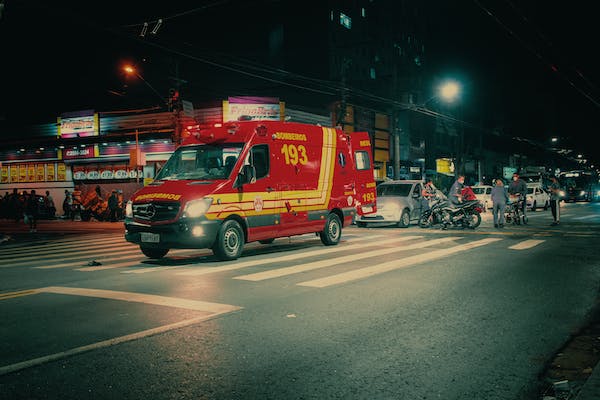
According to the provisions of Article 77 of the “Criminal Procedure Law”, the victim and the people’s procuratorate have the right to file an incidental civil action and can become the plaintiff in the incidental civil action. According to the relevant laws, regulations, and judicial practice, combined with the characteristics of civil lawsuits attached to criminal cases of traffic accidents, the scope of plaintiffs can be identified as follows:
The victims of traffic accidents.
The victim in the traffic accident case, whose person or property is directly violated by the traffic offender, of course, becomes the plaintiff in the incidental civil lawsuit and has the right to demand compensation according to law. A legal person or other organization whose property has been damaged in a traffic accident case. In a sense, legal persons or organizations whose property has been infringed due to traffic accidents can be regarded as a special type of “victim”, which is a broad understanding of “victim”.
In many traffic accident cases, the perpetrators often not only cause death but also cause property losses of legal persons and other organizations. Therefore, in order to fully protect the property rights of legal persons and other organizations, they can file incidental civil actions as plaintiffs in traffic accident cases. The legal representative of the victim. If the victim of the traffic accident case is a minor or another incapacitated person, in order to protect their legal rights because of their incapacity, their legal representative has the right to file an incidental civil action and become the plaintiff in the incidental civil action people.
At the same time, for a person who has lost all or part of his capacity to act due to a traffic accident, his legal representative also has the right to file an incidental civil action as the plaintiff in the incidental civil action. The receiver of the victim’s rights. In the event of the death of the victim in a traffic accident case, the heir to his rights should participate in the lawsuit as the plaintiff. There are two types of rights receivers participating in litigation: one is that the dependents of the deceased directly claim their rights against the perpetrator based on the legal fact of the death of the deceased.
The inheritance relationship arises from the facts, thus claiming to inherit the death compensation of the deceased, etc. In such lawsuits, if some of the receivers of rights sue the people’s court as plaintiffs, the court shall notify other joint litigants to participate in the lawsuit as plaintiffs, because such joint lawsuits are necessary joint lawsuits and must be tried together. Units or individuals who advance medical expenses and funeral expenses for the defendant have the right to file incidental civil lawsuits.
Some people believe that if the victim is not dead, the medical expenses paid by the unit or individual should be regarded as a loan to the victim, and the victim should recover from the defendant in the attached civil lawsuit and return it to the advance payer. If the victim dies, the heir shall recover the expenses paid for the deceased from the attached civil defendant. This kind of advance payment should be regarded as an advance payment for the defendant in a criminal incidental civil lawsuit, not as an advance payment for the victim. Because the victim has no obligation to pay medical expenses and funeral expenses, the advance payer has a right-obligation relationship with the defendant in the attached civil lawsuit.
